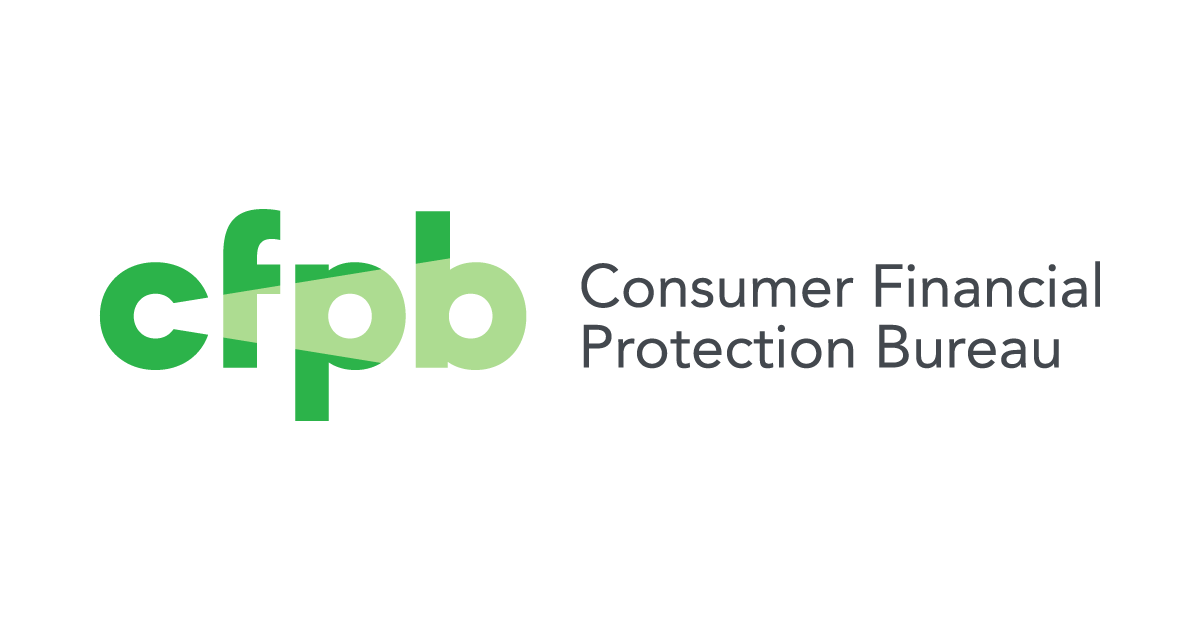WASHINGTON, D.C. — Banks continue to rely heavily on overdraft and non-sufficient funds (NSF) revenue, which reached an estimated $15.47 billion in 2019, according to research released today by the Consumer Financial Protection Bureau (CFPB). Three banks—JPMorgan Chase, Wells Fargo, and Bank of America—brought in 44% of the total reported that year by banks with assets over $1 billion. The CFPB also found that while small institutions with overdraft programs charged lower fees on average, consumer outcomes were similar to those found at larger banks. The research also notes that, despite a drop in fees collected, many of the fee harvesting practices persisted during the COVID-19 pandemic.
“Rather than competing on quality service and attractive interest rates, many banks have become hooked on overdraft fees to feed their profit model,” said CFPB Director Rohit Chopra. “We will be taking action to restore meaningful competition to this market.”
Previous CFPB research has shown that overdraft presents serious risks to consumers, with under 9% of consumer accounts paying 10 or more overdrafts per year, accounting for close to 80% of all overdraft revenue. Yesterday, the Federal Deposit Insurance Corporation released data revealing that insured banks earned $69.5 billion in the third quarter of 2021, up 36% from the prior year. Banks are on pace to surpass their pre-pandemic profitability.
The first data point, Overdraft/NSF Fee Reliance Since 2015 – Evidence from Bank Call Reports, shows that banks’ revenues from overdraft and NSF fees have been stable, especially before the COVID-19 pandemic. From the beginning of reporting in 2015, aggregate overdraft and NSF fee revenues reported in Call Reports for banks with assets over $1 billion saw a small but steady annual increase of around 1.7% per year to $11.97 billion in 2019. Complementing the Call Report data with data on small institutions, CFPB researchers estimate that the overall market revenue from overdraft and NSF fees was $15.47 billion in 2019. These overdraft and NSF fees made up close to two-thirds of reported fee revenue, emphasizing banks’ heavy reliance on such fees. Reliance on such fees varied considerably among institutions in the Call Reports, but was generally stable over time for any given institution. While aggregate overdraft and NSF fee revenues declined by 26.2% in 2020, increased checking account balances resulting from federal stimulus payments likely contributed to this decline.
The second data point, Checking Account Overdraft at Financial Institutions Served by Core Processors, provides the most detailed and wide-ranging quantitative data the Bureau or others have collected on overdraft policies, practices, and outcomes at small financial institutions. The data point looks at institution-level data from several core processors on the way credit unions and smaller banks set up their overdraft programs, and reviews data on consumer overdraft use and fee revenue for a 12-month time period predominantly covering 2014. CFPB researchers report that 92.9% of smaller banks and 60.9% of credit unions had an overdraft program, making such programs less common at these institutions than among large banks. The smaller institutions were also less likely to offer the option to opt in to debit card overdraft, with two thirds of institutions with overdraft offering this option. And, while overdraft and NSF fees were 13 to 19% lower at small banks and credit unions than at large banks, credit unions and small banks with an overdraft program earned $42.33 and $40.37 in annual overdraft revenue per account, respectively, which was just 6% and 11% less than large banks, respectively.
The CFPB will be enhancing its supervisory and enforcement scrutiny of banks that are heavily dependent on overdraft fees. In recent years, the CFPB ordered TD Bank to pay $122 million in penalties and customer restitution, and ordered TCF Bank to pay $30 million in penalties and restitution.
Consumers seeking help dealing with overdraft and NSF fees can submit a complaint to the CFPB. Advice on managing bank accounts and avoiding fees is available on the CFPB’s website.
Read the CFPB data point, Overdraft/NSF Fee Reliance Since 2015 – Evidence from Bank Call Reports .
The Consumer Financial Protection Bureau is a 21st century agency that implements and enforces Federal consumer financial law and ensures that markets for consumer financial products are fair, transparent, and competitive. For more information, visit consumerfinance.gov.
Official news published at https://www.consumerfinance.gov/about-us/newsroom/cfpb-research-shows-banks-deep-dependence-on-overdraft-fees/
Images courtesy of PixaBay
The post CFPB Research Shows Banks’ Deep Dependence on Overdraft Fees first appeared on RSVTV news.
originally published at Finance - RSVTV news

